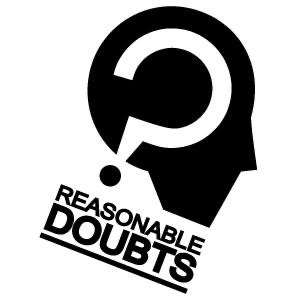Human beings seem cosmically unimportant. Though certainly from God’s perspective, we are more important than stars, rocks, vast stretches of empty space and time, and other things that don’t seem to possess any value in and of themselves, the latter group seems to have been afforded the lion’s share of the cosmos. Human beings, presumably the jewel of God’s creation, don’t seem to be the main event. So, does this favor naturalism or theism? Is the unimaginable vastness of time and space, and the lack of human centrality therein more probable on naturalism, or on theism?
If the universe is indifferent to human life, it’s no surprise that humans seem cosmically unimportant, not occupying a position of centrality or significance in an incomprehensibly vast ocean of space. The reality of our situation is sharply contrasted with the one our ancestors imagined themselves to be in. As William Lane Craig put it, “on the cozy, pre-Copernican cosmology—what C. S. Lewis called ‘the discarded image’ of the cosmos—theism seemed vastly more probable than atheism. Like a Fabergé egg, the little universe centered on the Earth, with the spheres of the planets and fixed stars revolving about it, cried out for an explanation in terms of a Cosmic Designer.”
We also discuss the “symmetry of evidence” and get a bit into the weeds of Bayes’ theorem.
linktr.ee/emersongreen
Listen to our sister show, Walden Pod here
Rate the show on iTunes here
Support on Patreon here
YouTube
Transcript
Follow me on Twitter @waldenpod
Music by ichika Nito & Whalers. Used with permission.
/ / /
On likelihoodism observation O is evidence for hypothesis H over ¬H iff P(O|H) > P(O|¬H).
Since P(O|H) + P(¬O|H) = 1 and P(O|¬H) + P(¬O|¬H) = 1, we can insert it into the prior formula to get an interesting result:
1 – P(¬O|H) > 1 – P(¬O|¬H)
P(¬O|¬H) > P(¬O|H)
So, in English, O is evidence for H over ¬H iff ¬O is evidence for ¬H over H. The means that you can have evidence for a hypothesis iff you can have evidence against a hypothesis.
Two other ways of expressing the same point that “O is evidence for H over ¬H iff ¬O is evidence for ¬H over H”:
P(h|e) > P(h) iff P(h|~e) < P(h)
E being evidence for H entails that ~E is evidence for ~H
Read more here from Hugh Jidiette
or here from Michael Huemer
William Lane Craig – Does the Vastness of the Universe Support Naturalism?
Emily Thomas – Does the size of the universe prove God doesn’t exist?
Carl Sagan – The Cosmic Calendar
After 350 Years, Vatican Says Galileo Was Right – NYT
New Scientist – Vatican admits Galileo was right
Arguments from Scale – Tim Mulgan

 Our TOPPODCAST Picks
Our TOPPODCAST Picks  Stay Connected
Stay Connected







